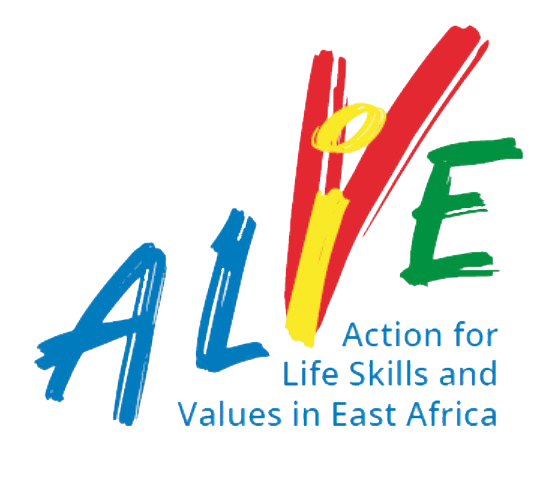Download Presentation
The Conference highlighted the need to establish a contextual understanding of life skills education in the varied contexts. The database will exhibit robust evidence and provide an avenue to learn about the best practices on nurturing life skills and values, and where the adapt/adopt the ALIVE tools for assessment of life skills and values will be stored. It will also help the various institutions to engage in what is already going on. In the database there will be documented success stories on curriculum implementation within the classroom and how this is translating into acquisition of actual skills among the learners. The curricular used by different training institutions do not adequately incorporate life skills assessment and methodologies. Further, the in-service teachers do not have a common understanding of values and Life skills. It is recommended that the teacher education curriculum should include the concept and practices and how to contextualize and nurture them. It is recommended that there is a need to develop materials to support the retooling of all teachers across the country. Develop a module for teacher training that integrates pedagogical practices and methodologies for assessing and nurturing life skills and values. Read full report
ALiVE has put 40,000+ young people on the path to success.
For the last 3 years, 20 organisations and members of the Regional Education Learning Initiative (RELI) have been on a process of learning how to develop and use contextualised assessments of 21st century skills. This document summarises key lessons learned over an 18-month process that started in August 2020 assembled 47 East Africans to develop contextualised tools and conduct an assessment covering over 100 districts in Kenya, Tanzania and Uganda. This learning process covered three competencies and one value: problem solving, collaboration, self-awareness and respect, respectively. Download
A brief consolidating lessons learned from the ALiVE’s organisational growth as of December 2022. This learning has been collected over the course of nearly two years of programme implementation and has been gathered and synthesised by the ALiVE team as going forward. Download
This brief ALiVE summarises what the organisation has learned from the collaboration in the context of developing assessment tools as of December 2022. Learnings collected over the course of nearly two years of programme implementation and has been gathered and synthesised by the ALiVE team as we move forward into our next phase. Download
A brief outlining lessons learned from the ALiVE programme’s system strengthening work with government structures as of December 2022. These learnings have been collected over the course of nearly two years of programme implementation and has been gathered and synthesised by the ALiVE team as we move forward into our next phase. Download
This brief summarises what ALiVE has learned from dissemination, awareness building and advocacy as of December 2022. These learnings have been collected over the course of nearly two years of programme implementation and has been gathered and synthesised by the ALiVE team as the organisation goes into Phase II. Download
A brief outlines lessons learned from the ALiVE programme about Tool Development and Contextualization as of December 2022. Learnings that have been collected over the course of nearly two years of programme implementation and has been gathered and synthesised by the ALiVE team as the organisation moves onto its next phase. Download
This report describes the development and validation of the tool designed to measure proficiencies demonstrated by adolescents from 13 to 17 years of age in Kenya, Tanzania, and Uganda, in the three life skills and one value. Furthermore, the report provides results from the large-scale household-based assessment that used the tool. The information provides the background for the assessment results that are needed to inform policy of the participating countries as they seek to include life skills and values in their national curricula. It emphasizes discoveries that show differences, in skill levels among demographic categories such as gender, age and educational background. The outcomes aim to guide policies promote the incorporation of life skills and values into national educational programs and add to worldwide understanding of evaluating these vital life skills and values. Download











